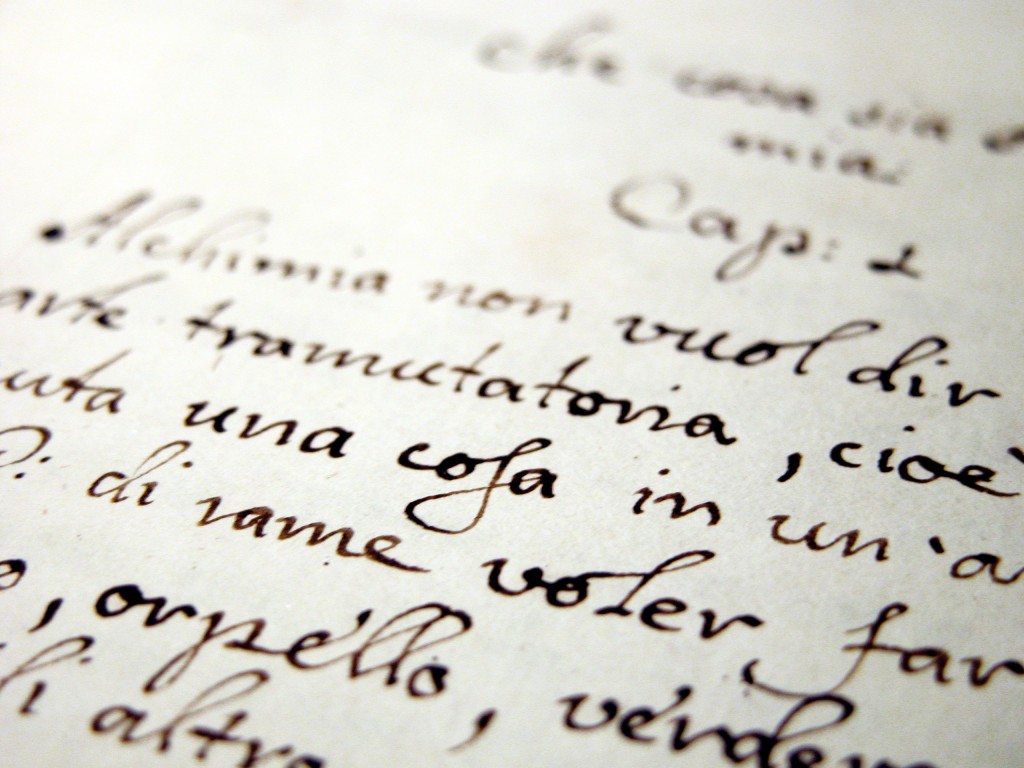Stuart Morrison, a final year English and American Literature student, gave his first conference paper last week entitled: The role of signatures in the creation of a Protestant identity. The two day conference, hosted by the Bath Spa University’s Book, Text and Place, 1500-1750 Research Centre, is a biannual event devoted to early modern literary culture, place, and the history of the book. You can read more about the conference on their website: http://transitionsbtp.wordpress.com
Stuart commented: ‘it was a nerve wracking experience, but also an invaluable one. It gave me a great insight into the life of an academic and confirmed my desire to pursue this career. Being part of such a fantastic conference with such great people was perfect for delivering my first paper; hopefully it was the first of many.’
Many congratulations to Stuart for delivering an exceptional paper and we wish him every success in his future career.
The role of signatures in the creation of a Protestant identity
Abstract
This paper looks at the history of the signature from the eleventh century to the early seventeenth century, focusing on the later period as a site of great transition in the understanding of the self. By surveying the material culture of the period, alongside tackling questions of ‘functional literacy’, the paper will provide the background to show that the changing role of the signature coincided with the creation of a strong and fervent Protestant identity.
The paper will also stress the importance of the mutability of signatures in the seventeenth century, highlighting the differences between manuscript and printed works. A signature could mean the ownership of the physical object of a text, or it could signify a whole-hearted belief in the message of a spiritual work.
By looking at the records left behind by two very different people this paper explores the vast amount of information a signature can give us about the life of its writer. Both born in 1574 and both strongly Protestant in their beliefs, Lady Anne Southwell and Ephraim Pagett have left behind manuscripts that provide us with a wealth of information regarding the everyday lives of the early modern period.
Close visual analysis of the manuscripts (British Library, Harley MS 825 [1638] and Folger Shakespeare Library, MS V.b.198 [c.1587-1636]) provide us with the opportunity to see signatures working in many languages, many hands, and telling the stories of many lives (and the occasional death).

